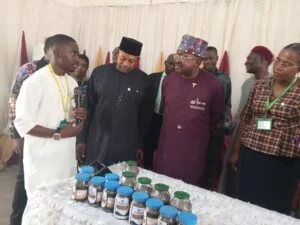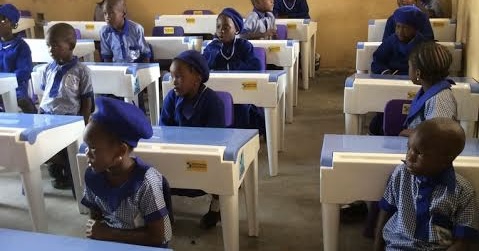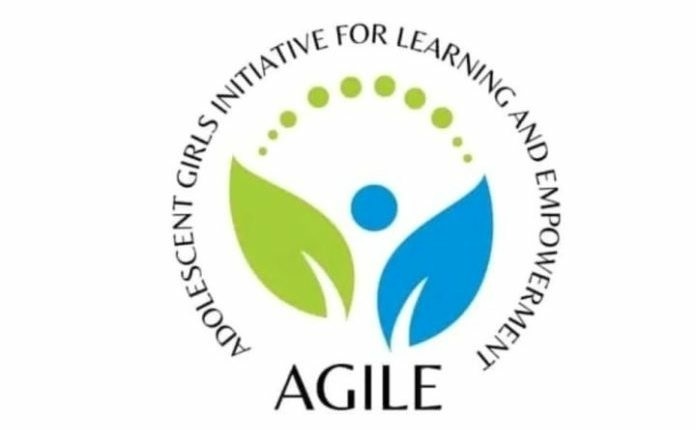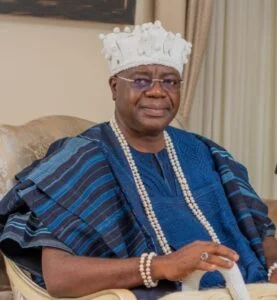The Federal Government has launched the Accelerated Basic Education (ABE) programme, a bold initiative aimed at reaching over 80 million non-literate Nigerians, particularly youths and adults who remain outside the formal education system.
The initiative, unveiled during a National Stakeholders Engagement Meeting on Youth and Adult Literacy held in Abuja on Wednesday, seeks to provide inclusive, adaptable, and high-impact literacy solutions across Nigeria’s six geopolitical zones.
The Minister of State for Education, Prof. Suwaiba Ahmad, represented by her Special Assistant (Technical), Dr. Claris Ujam, said the ABE programme was designed to break barriers and reach learners wherever they are—regardless of age, geography, or circumstance.
“Education forms the bedrock of every prosperous and inclusive society. Yet, far too many Nigerian youth and adults still remain outside the reach of basic literacy,” Ahmad said.
“This silent crisis suppresses individual potential and stalls national development.”
According to the 2022 report by the National Bureau of Statistics (NBS), nearly 80 million Nigerians—31% of the country’s estimated 250 million population—are non-literate.
The minister described the ABE as “more than a solution—it’s a movement” that challenges traditional barriers to learning while upholding quality and relevance. She also called on NGOs, CSOs, and development partners to scale up community-led and innovative education models to ensure no one is left behind.
A Call to Action
Earlier in the meeting, Dr. John Edeh, Director of Literacy and Development at the National Commission for Mass Literacy, Adult and Non-Formal Education (NMEC), said the gathering was a strategic moment for reflection and collaboration.
“Millions of young Nigerians are still outside the formal education system due to poverty, early school leaving, displacement, or other socio-economic challenges,” Edeh said.
“These youths deserve a second chance, and NMEC is committed to being the gateway.”
He emphasized that the Commission is adopting flexible, learner-centered, and community-based approaches to reach out-of-school populations, and will focus on:
Mobilizing funding and resources for mass literacy
Strengthening partnerships with state agencies and civil society
Enhancing data collection and accountability mechanisms
Promoting youth-friendly curricula and digital innovations in non-formal learning
Edeh also urged community leaders, donors, youth advocates, and implementers to join forces with NMEC to deliver accessible and impactful education to Nigeria’s underserved populations.





